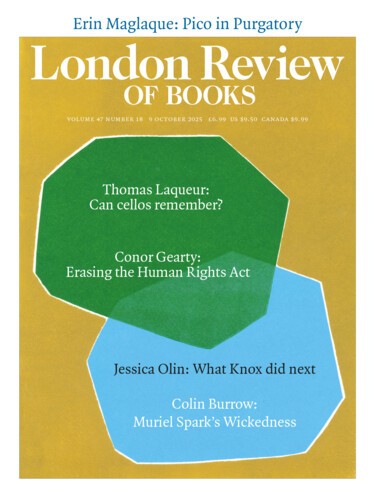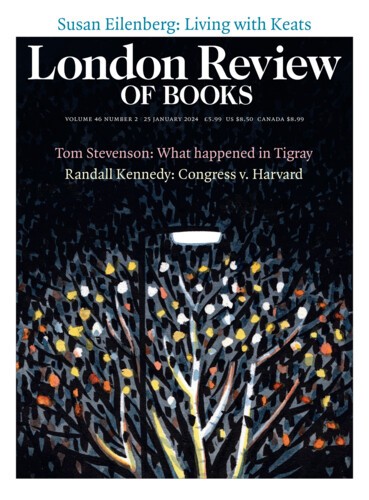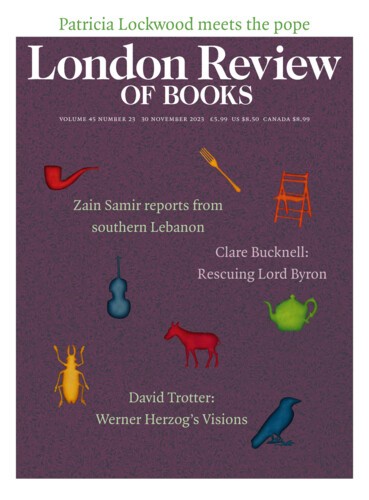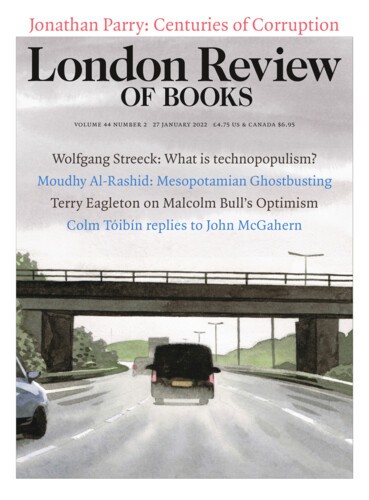Unwelcome Remnant: Erasing the Human Rights Act
Conor Gearty, 9 October 2025
It is extraordinary that the UK Supreme Court’s recent decision on the rights of trans people in For Women Scotland v. The Scottish Ministers completely ignores the impact of human rights law. The privacy rights of those who identify as having a gender different from the one they were assigned at birth have been jettisoned as a result of the court’s determination that the gender...




